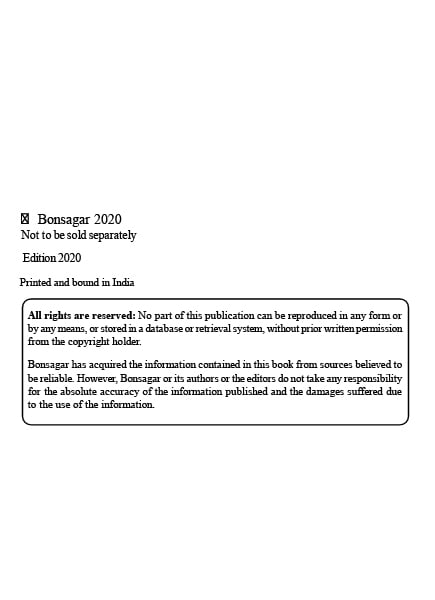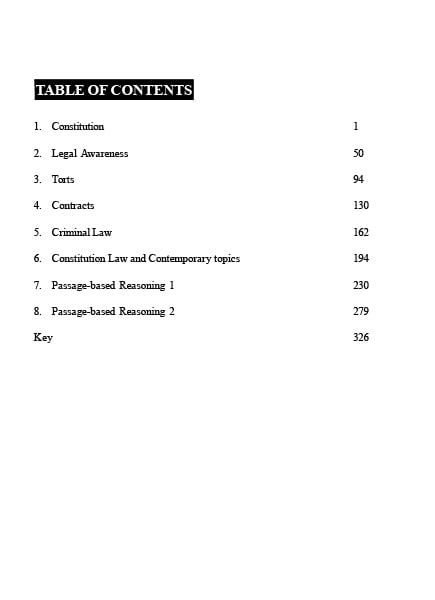Understanding the IPMAT PI-WAT Round
The IPMAT (Integrated Program in Management Aptitude Test) is a prestigious exam for students aspiring to join the Integrated Program in Management (IPM) at IIM Indore, IIM Rohtak, and other participating institutes. While cracking the written exam is an important step, the PI-WAT (Personal Interview and Written Ability Test) round plays a crucial role in the final selection process. This round allows the admissions committee to assess the candidate’s personality, communication skills, and overall suitability for the program.
1. WAT (Written Ability Test) – Expressing Your Thoughts
The WAT component of the PI-WAT round is designed to assess your writing skills, clarity of thought, and how well you can express ideas under time pressure. You will be given a topic on which you need to write an essay, typically within a 20-minute time frame.
Topics in WAT
The topics are usually general, ranging from social issues, current affairs, abstract thoughts, to management-related topics. For example:
- “Impact of Social Media on Youth”
- “Should Business Leaders Be Politically Involved?”
- “Role of Artificial Intelligence in Education”
How to Prepare for WAT
- Stay Updated: Read newspapers, magazines, and journals to stay informed about current events and social issues. This will help you when writing essays on current affairs or abstract topics.
- Practice Writing: To improve your writing speed and clarity, practice writing essays on a variety of topics. Concentrate on organizing your essays with a clear introduction, well-developed body, and a concise conclusion.
- Focus on Structure and Coherence: While writing your essay, ensure it is coherent and follows a logical flow. Use paragraphs to separate different ideas and ensure your conclusion sums up the points effectively.
- Grammar and Language: Be careful with grammar, spelling, and sentence structure. A well-written essay with proper grammar makes a stronger impact.
- Time Management: Since you have limited time, practice writing essays within a time frame to improve your speed without compromising quality.
2. PI (Personal Interview) – Showcasing Your Personality
The PI (Personal Interview) is the round where you face a panel of experts, who will evaluate your communication skills, confidence, motivation, and thought process. The objective of the interview is to understand your personality, academic interests, reason for pursuing IPM, and whether you are a good fit for the program.
Key Focus Areas in PI
Academic Background: The panel will likely ask you questions about your academic achievements, subjects you enjoy, and why you are interested in management. Be prepared to talk about your schooling, subjects you excelled in, and your overall academic journey.
Current Affairs and General Knowledge: Being updated on current affairs is crucial. Interviewers may ask questions related to national and international events, economic trends, or business developments. Stay informed by reading the newspapers and following news online.
Motivation for IPM: One of the key questions you will be asked is why you want to pursue IPM. Have a clear understanding of your career goals and explain how the IPM program supports and aligns with them. Make sure to express genuine interest in management and explain why you prefer the integrated course over traditional undergraduate programs.
Personality and Behavioral Questions: The panel might also ask you about your strengths, weaknesses, hobbies, teamwork experience, and how you handle stressful situations. They might pose situational questions to gauge your response to challenges or ethical dilemmas.
Common Interview Questions:
- “Tell us about yourself.”
- “What are your strengths and weaknesses?”
- “How do you handle pressure or failure?”
- “What are your thoughts on a current news event?”
How to Prepare for PI
- Mock Interviews: Practicing mock interviews with peers, teachers, or mentors is essential to build confidence. Try to simulate the actual interview environment to feel comfortable in a real interview.
- Know Yourself: Be prepared to discuss your background, experiences, hobbies, and why you are passionate about management. Be honest, but also reflect on how your past experiences can contribute to your success in IPM.
- Stay Calm and Confident: Remain calm, composed, and confident during the interview. Don’t rush your answers. Take your time to think before responding, and always maintain eye contact with the panelists.
- Be Yourself: The panel wants to see the real you. Be genuine in your responses, and don’t try to give answers you think they want to hear.
3. Combining WAT and PI: How to Approach the PI-WAT Round
- Holistic Preparation: Focus on both the WAT and PI equally. While WAT assesses your writing and reasoning skills, PI looks at your interpersonal skills, motivation, and clarity of thought.
- Knowledge of Current Affairs: Stay updated on national and international events. Read newspapers like The Hindu, Times of India, or follow news apps. This helps in both WAT and PI.
- Practice Regularly: Write essays on a variety of topics, and practice answering common interview questions. Record yourself speaking to evaluate your body language and communication style.
- Reflect on Your Goals: Be clear about why you want to join the IPM program and how it fits with your future career plans. Having a strong, clear motivation for the program will impress the panel during the PI.
- Mock PI-WAT Sessions: Participate in mock WAT and PI sessions with mentors, teachers, or coaching institutes to gain valuable feedback and improve your performance.
Conclusion
The PI-WAT round is an important stage in the IPMAT selection process. It gives you the opportunity to showcase your personality, motivation, and communication skills. To excel in this round, you need to prepare holistically for both the WAT and the PI. Stay updated with current affairs, practice writing essays, and be ready to articulate your thoughts confidently during the interview.
By following these preparation tips, you can increase your chances of impressing the interview panel and securing your place in the prestigious IPM program.
Good luck, and get ready to ace the PI-WAT round!




